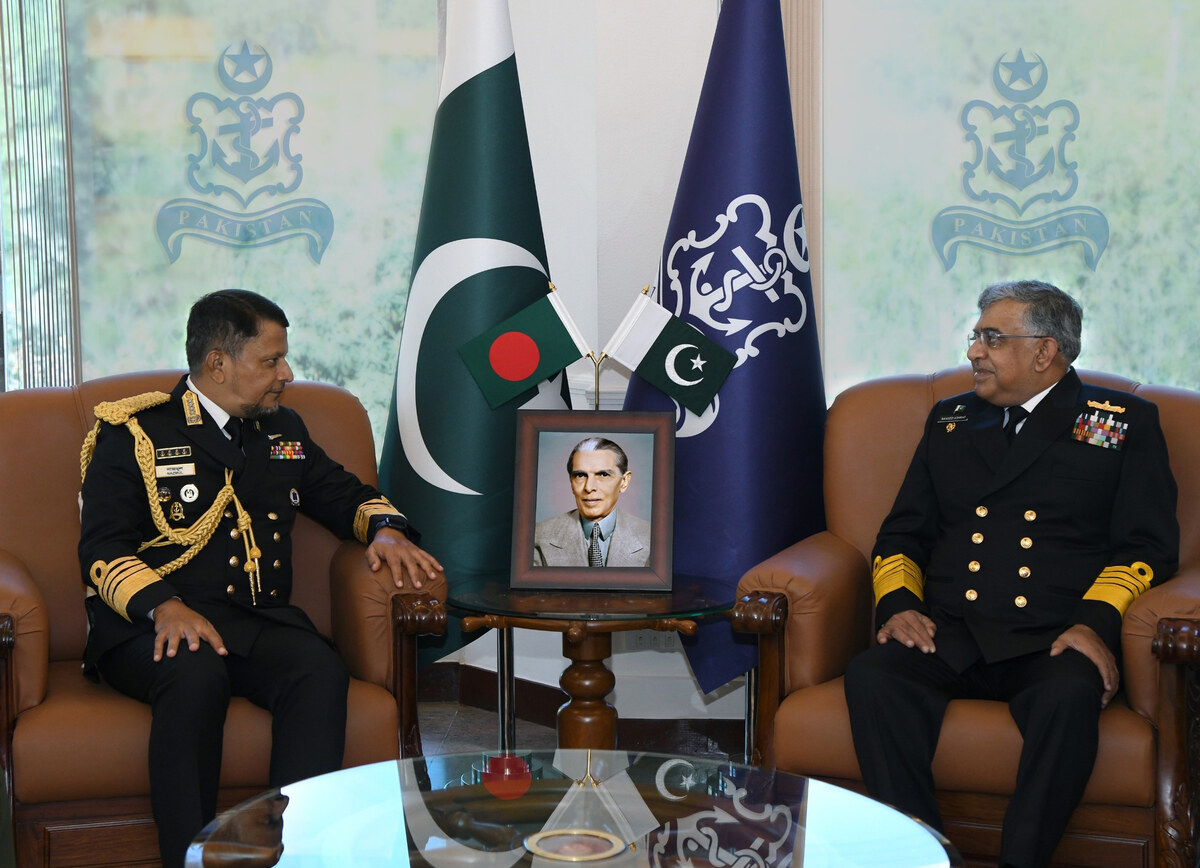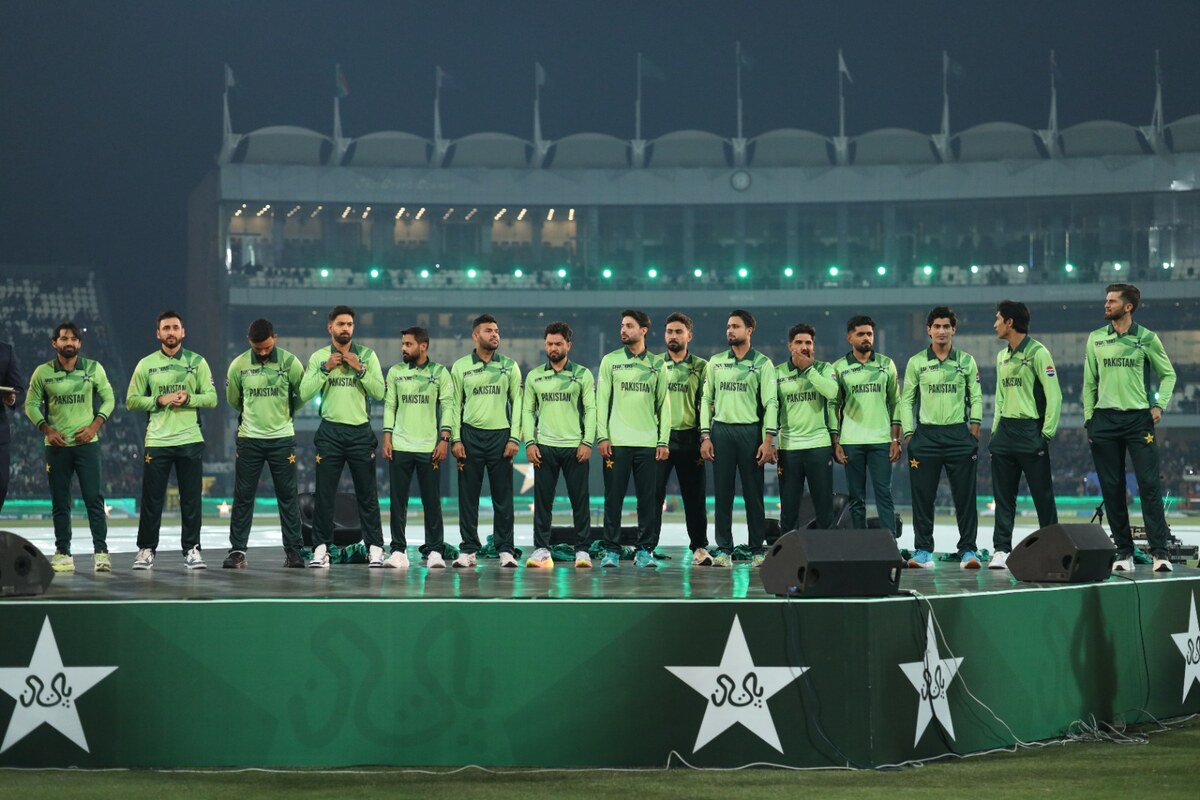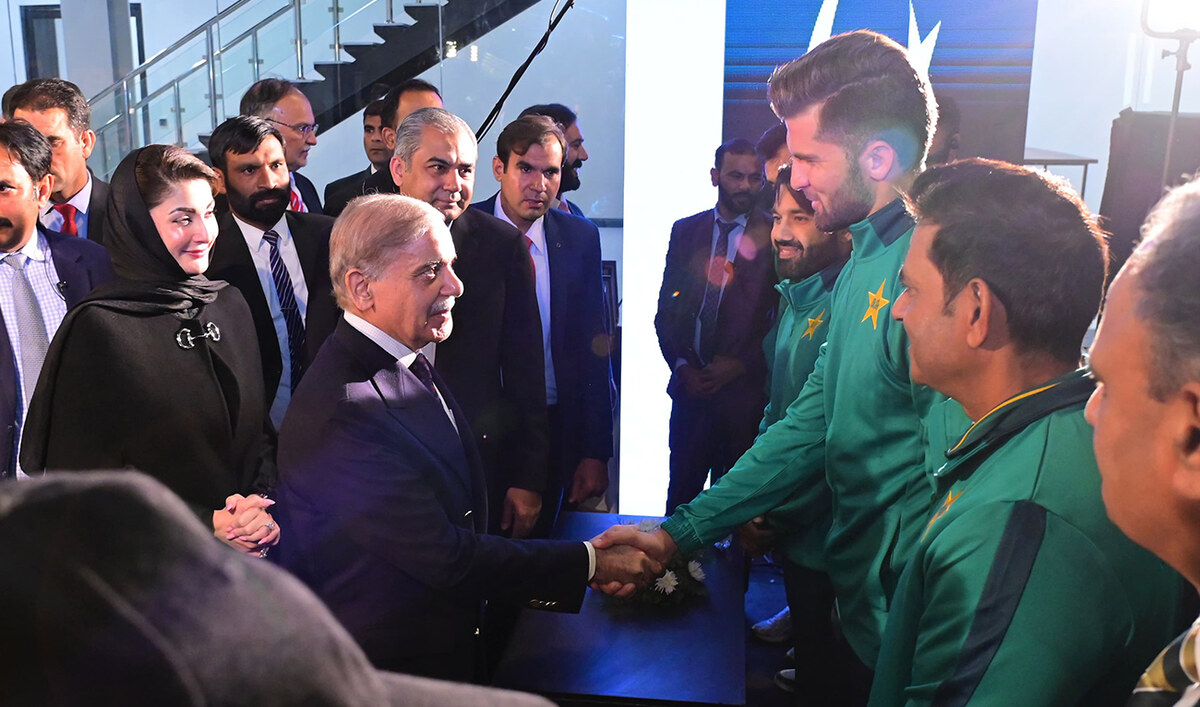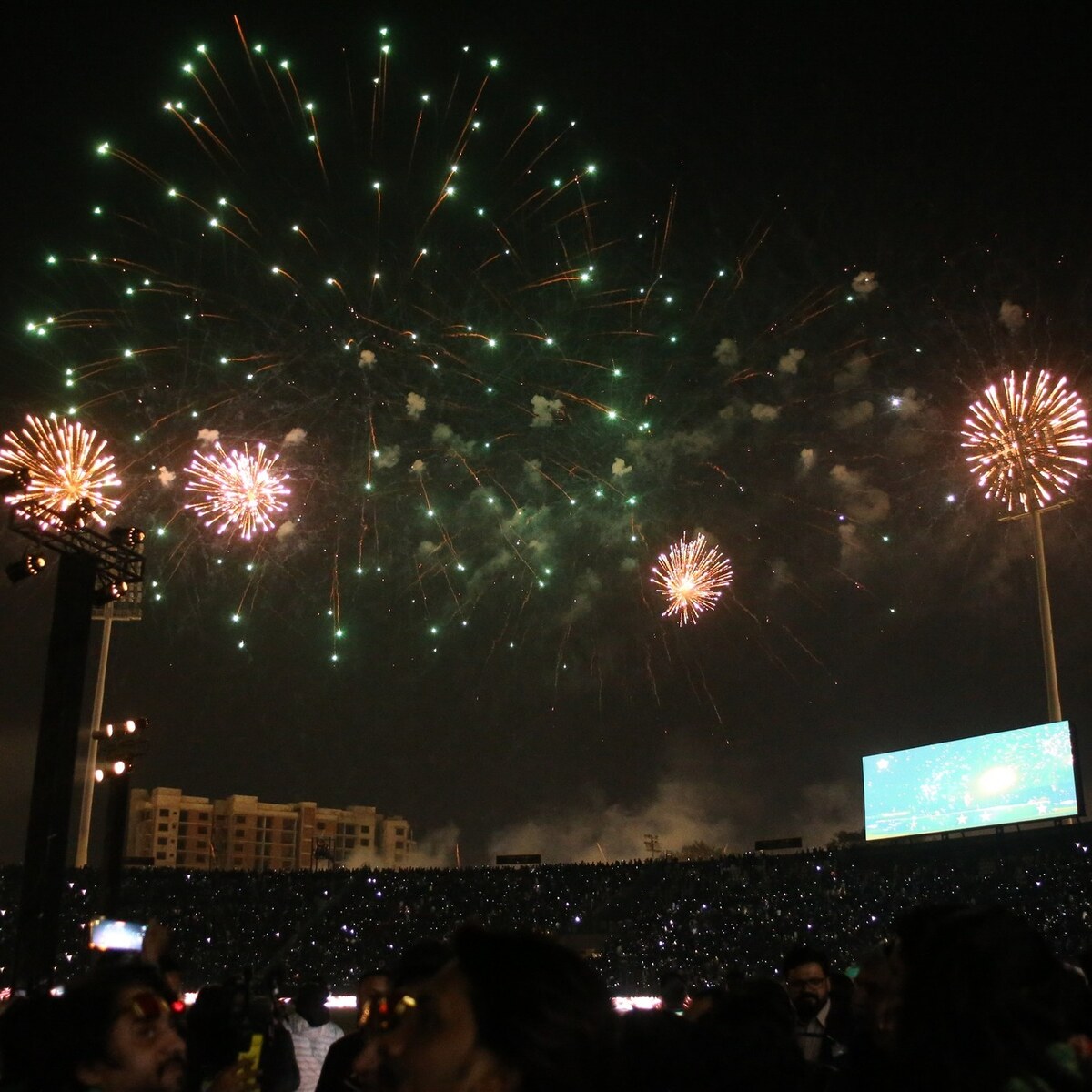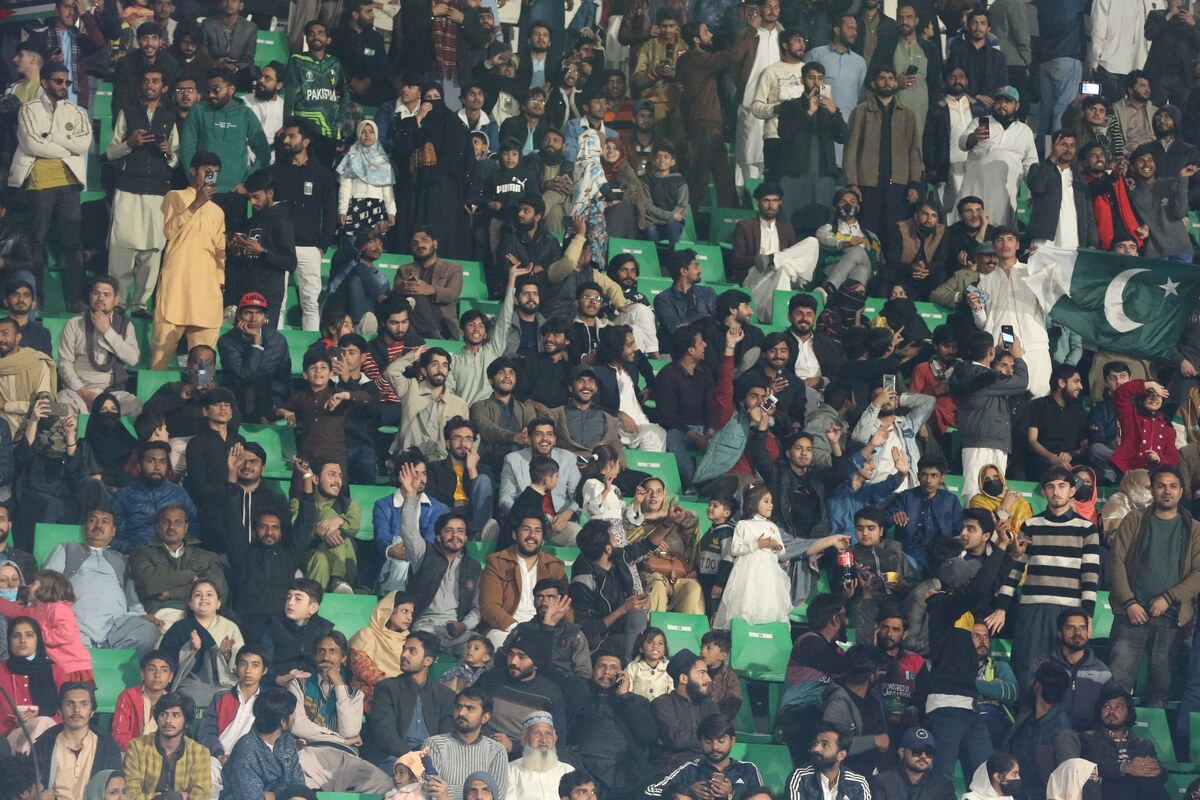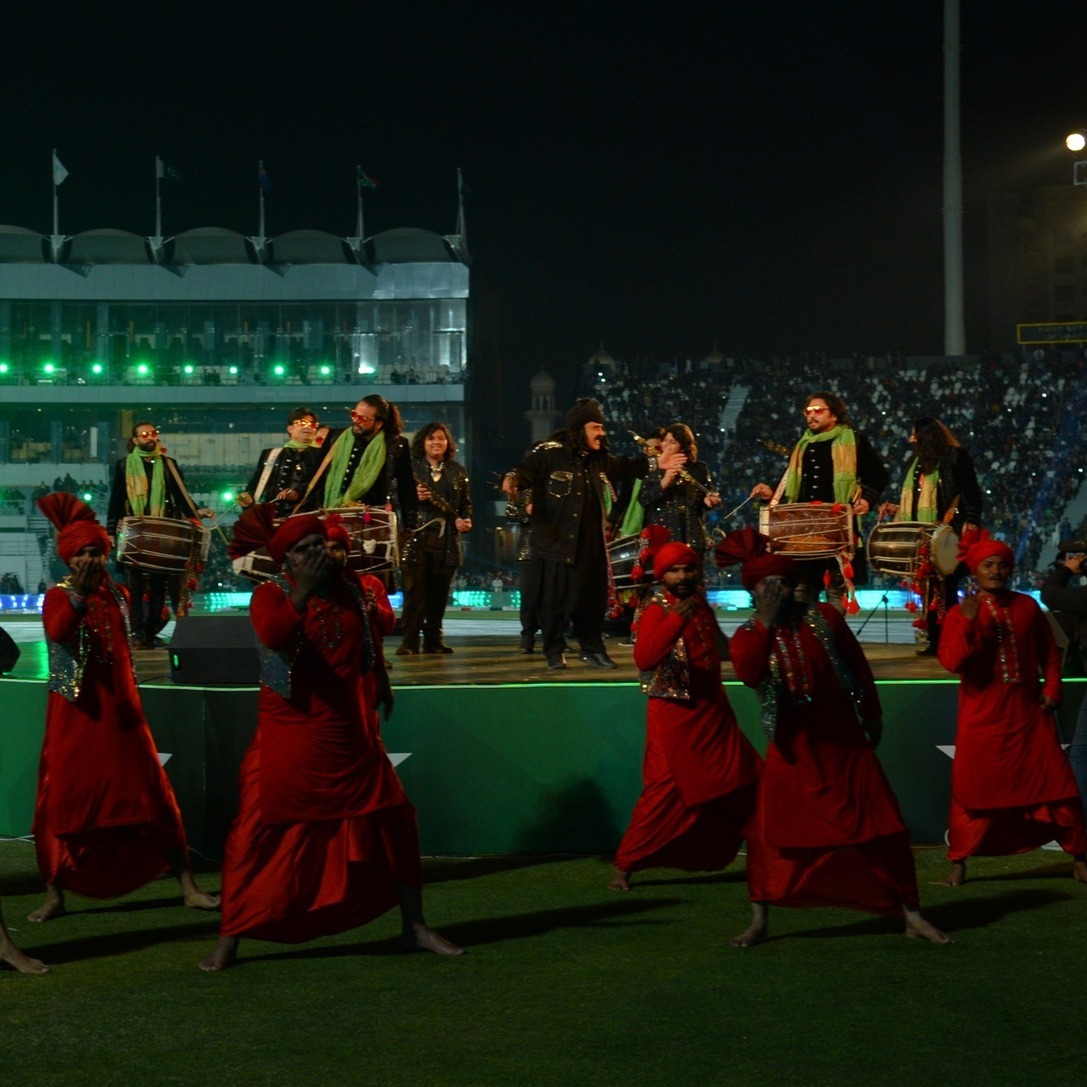KARACHI: Controversy grew on Monday over a new anti-terrorism operation announced by the federal government as the chief minister of Pakistan’s northwestern Khyber Pakhtunkhwa province said the campaign could not be approved without a discussion with stakeholders.
Pakistan’s top national security forum on Saturday announced the Operation Azm-e-Istehkam, or Resolve for Stability, campaign after a meeting of the Central Apex Committee on the National Action Plan (NAP) that was attended by senior military leaders and top government officials from all provinces, including PTI-backed Khyber Pakhtunkhwa Chief Minister Ali Amin Gandapur.
However, the PTI-backed opposition has rejected the operation, saying it was not discussed in parliament.
“This operation cannot take place without discussions,” Gandapur told media outside Adiala Jail where PTI founder Imran Khan has been incarcerated since last year.
“There is no clarity in this operation. What is the plan? We will obviously engage in talks when the Inter-Service Public Relations issues an official plan detailing where and how the operation will be carried out and when the plan sketch comes to light.”
Maulana Fazl-ur-Rehman, the leader of the Jamiat Ulema-e-Islam (F), also rejected the operation.
“They announced Operation Azm-e-Istehkam but this is an Operation Adm-e-Istekham (Absence of resolve) that will make Pakistan more weak,” Rehman said.
Pakistan has witnessed a surge in militant attacks in recent months, many of them claimed by the Tehreek-e-Taliban Pakistan (TTP), which pledges allegiance to, and gets its name from, the Afghan Taliban, but is not directly a part of the group that now rules Afghanistan. Its stated aim is to impose Islamic religious law in Pakistan, as the Taliban have done in Afghanistan.
Islamabad blames the recent uptick in attacks on Afghanistan, saying TTP leaders have taken refuge there and run camps to train militants to launch attacks inside Pakistan. Kabul says rising violence in Pakistan is a domestic issue for Islamabad and it does not allow militants to operate on its territory.
The announcement of Azm-e-Istehkam has also come on the heels of a top Chinese official raising concerns that Pakistan’s security challenges were undermining investor confidence.





